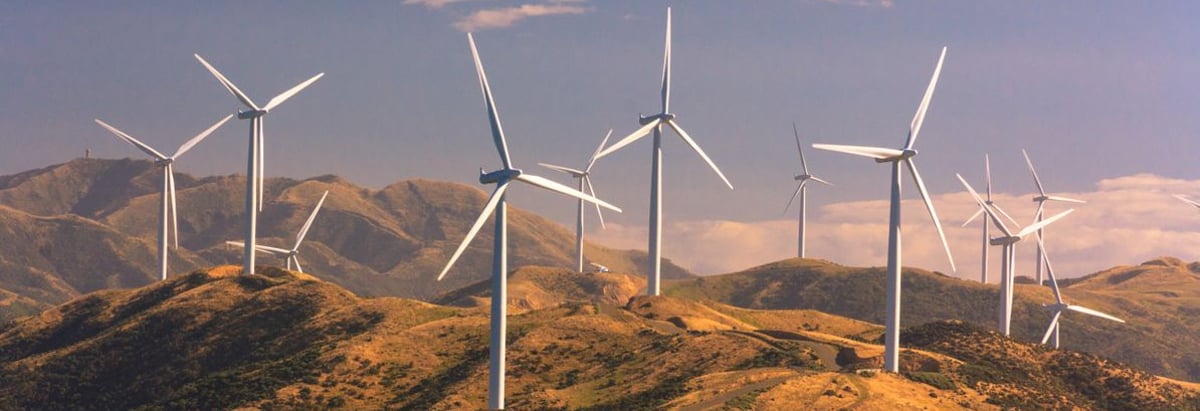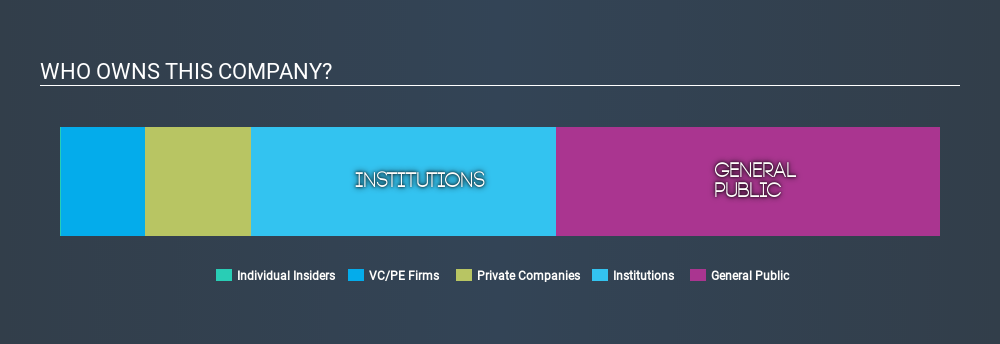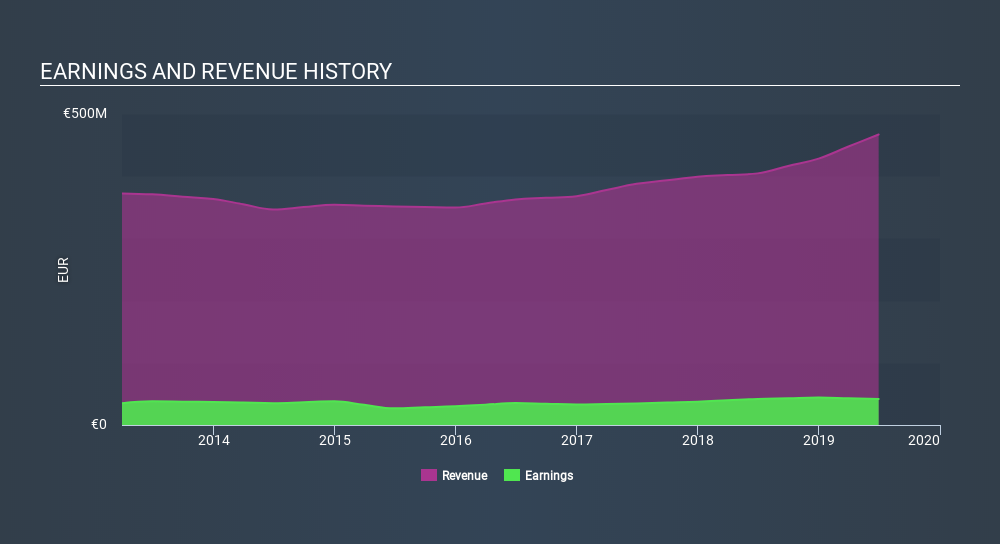
A look at the shareholders of Albioma (EPA:ABIO) can tell us which group is most powerful. Generally speaking, as a company grows, institutions will increase their ownership. Conversely, insiders often decrease their ownership over time. Companies that have been privatized tend to have low insider ownership.
Albioma has a market capitalization of €804m, so we would expect some institutional investors to have noticed the stock. Taking a look at our data on the ownership groups (below), it's seems that institutions own shares in the company. Let's delve deeper into each type of owner, to discover more about Albioma.
View our latest analysis for Albioma

What Does The Institutional Ownership Tell Us About Albioma?
Many institutions measure their performance against an index that approximates the local market. So they usually pay more attention to companies that are included in major indices.
Albioma already has institutions on the share registry. Indeed, they own 35% of the company. This suggests some credibility amongst professional investors. But we can't rely on that fact alone, since institutions make bad investments sometimes, just like everyone does. When multiple institutions own a stock, there's always a risk that they are in a 'crowded trade'. When such a trade goes wrong, multiple parties may compete to sell stock fast. This risk is higher in a company without a history of growth. You can see Albioma's historic earnings and revenue, below, but keep in mind there's always more to the story.

We note that hedge funds don't have a meaningful investment in Albioma. The company's largest shareholder is Bpifrance Participations SA, with ownership of 9.5%, The second and third largest shareholders are Compagnie Financiere Europeenne De Prises De Participation SA and Impala SAS, each holding around 6.1% of the shares outstanding.
A deeper look at our ownership data shows that the top 16 shareholders collectively hold less than 50% of the register, suggesting a large group of small holders where no one share holder has a majority.
Researching institutional ownership is a good way to gauge and filter a stock's expected performance. The same can be achieved by studying analyst sentiments. There are a reasonable number of analysts covering the stock, so it might be useful to find out their aggregate view on the future.
Insider Ownership Of Albioma
The definition of company insiders can be subjective, and does vary between jurisdictions. Our data reflects individual insiders, capturing board members at the very least. The company management answer to the board; and the latter should represent the interests of shareholders. Notably, sometimes top-level managers are on the board, themselves.
I generally consider insider ownership to be a good thing. However, on some occasions it makes it more difficult for other shareholders to hold the board accountable for decisions.
Our most recent data indicates that insiders own less than 1% of Albioma. But they may have an indirect interest through a corporate structure that we haven't picked up on. It has a market capitalization of just €804m, and the board has only €2.0m worth of shares in their own names. Many investors in smaller companies prefer to see the board more heavily invested. You can click here to see if those insiders have been buying or selling.
General Public Ownership
The general public, with a 44% stake in the company, will not easily be ignored. While this group can't necessarily call the shots, it can certainly have a real influence on how the company is run.
Private Equity Ownership
Private equity firms hold a 9.5% stake in ABIO. This suggests they can be influential in key policy decisions. Sometimes we see private equity stick around for the long term, but generally speaking they have a shorter investment horizon and -- as the name suggests -- don't invest in public companies much. After some time they may look to sell and redeploy capital elsewhere.
Private Company Ownership
It seems that Private Companies own 12%, of the ABIO stock. It might be worth looking deeper into this. If related parties, such as insiders, have an interest in one of these private companies, that should be disclosed in the annual report. Private companies may also have a strategic interest in the company.
Next Steps:
I find it very interesting to look at who exactly owns a company. But to truly gain insight, we need to consider other information, too.
For example, we've discovered 2 warning signs for Albioma (of which 1 is major) which any shareholder or potential investor should be aware of.
Ultimately the future is most important. You can access this free report on analyst forecasts for the company.
NB: Figures in this article are calculated using data from the last twelve months, which refer to the 12-month period ending on the last date of the month the financial statement is dated. This may not be consistent with full year annual report figures.
If you spot an error that warrants correction, please contact the editor at editorial-team@simplywallst.com. This article by Simply Wall St is general in nature. It does not constitute a recommendation to buy or sell any stock, and does not take account of your objectives, or your financial situation. Simply Wall St has no position in the stocks mentioned.
We aim to bring you long-term focused research analysis driven by fundamental data. Note that our analysis may not factor in the latest price-sensitive company announcements or qualitative material. Thank you for reading.
About ENXTPA:ABIO
Albioma
Albioma, an independent renewable energy producer, constructs and operates biomass, photovoltaics, and geothermal projects in France, Mauritius, and Brazil.
Mediocre balance sheet second-rate dividend payer.
Similar Companies
Market Insights
Community Narratives



